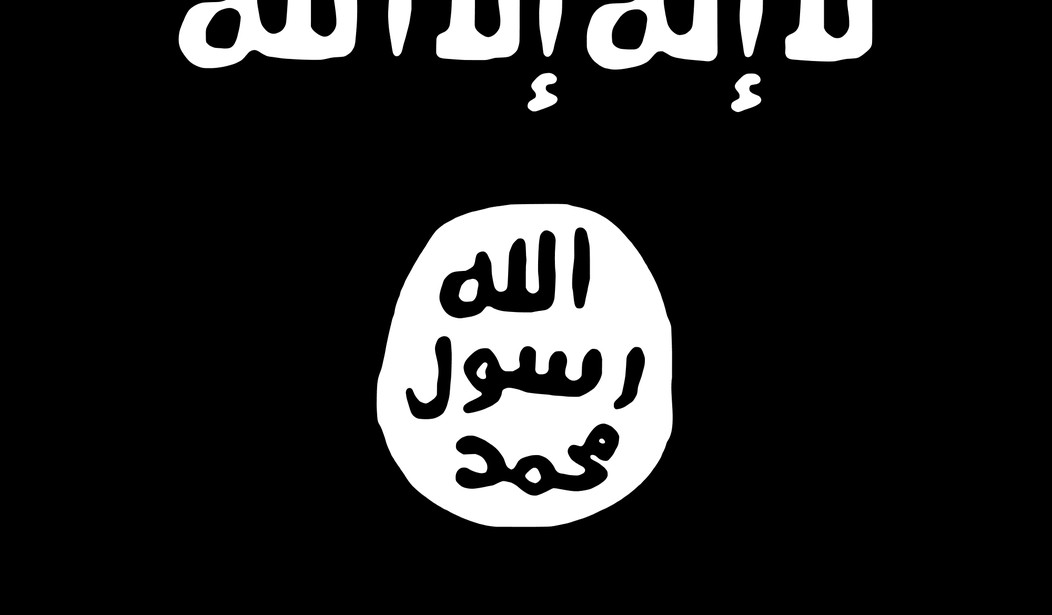A U.S. military source told Fox News, confirmed by the White House, that ISIS leader Abu Bakr al-Baghdadi was killed in a special forces raid in Syria’s Idlib province. The terrorist apparently took his own life rather than be captured.
Baghdadi appeared to live a charmed life. The terrorist leader had been targeted several times and was believed wounded in an airstrike in 2015.
Last night, Trump tweeted out a cryptic message.
Something very big has just happened!
— Donald J. Trump (@realDonaldTrump) October 27, 2019
The White House announced the president would make a statement at 9 a.m. Eastern Time.
Al-Baghdadi, who took over ISIS after his predecessor Abu Omar al-Baghdadi was killed in 2010, detonated a suicide vest, killing himself when U.S. Special Operations forces entered a compound in northern Syria where he was located, according to a U.S. defense official. No U.S. Special Operations forces were hurt or killed in the raid.
“U.S. forces did a terrific job,” a U.S. military source told Fox News.“This just shows it may take time, but terrorists will not find a sanctuary.” The same source told Fox News that biometric tests confirmed that it was indeed Baghdadi.
The compound was located near the Turkish border in northwest Syria’s Idlib Province, a known terrorist stronghold that has served as a home to groups linked to al-Qaeda. Al-Baghdadi had long been suspected to be hiding in the Idlib Province.
Mazloum Adbi, General Commander of the Kurdish-led Syrian Democratic Forces, touted a “historical operation” in a tweet Sunday morning, crediting “joint intelligence work with the United States of America.”
The job of killing or capturing Baghdadi had gotten relatively easier in the past two years as the territory occupied by ISIS shrank considerably.
Earlier this year, Iraqi intelligence officials speaking to Fox News maintained he was lurking in Syrian border towns, often wearing non-traditional or “regular” clothes, using a civilian car, and making sure anyone around him had no mobile phones or electronic devices in order to bypass detection.
Some experts had predicted that as time passed and ISIS losses in the Middle East mounted, it was inevitable that al-Baghdadi would be captured or killed.
While emotionally satisfying to see this thorn in our side dead, is there any practical benefit to his death? What we’ve learned over the years is that degrading the command structure of terrorist organizations is not as important as we first believed. Killing bin-Laden did not destroy al-Qaeda, or even slow it down much. When we killed the first leader of ISIS, Abu Omar al-Baghdadi, in 2010, the terrorist group didn’t miss a beat and continued to grow stronger.
Diffused terror networks are actually designed to withstand blows directed against its leadership. That doesn’t mean we shouldn’t go after them. But on the other hand, it brings us no closer to ending their effectiveness either.










Join the conversation as a VIP Member